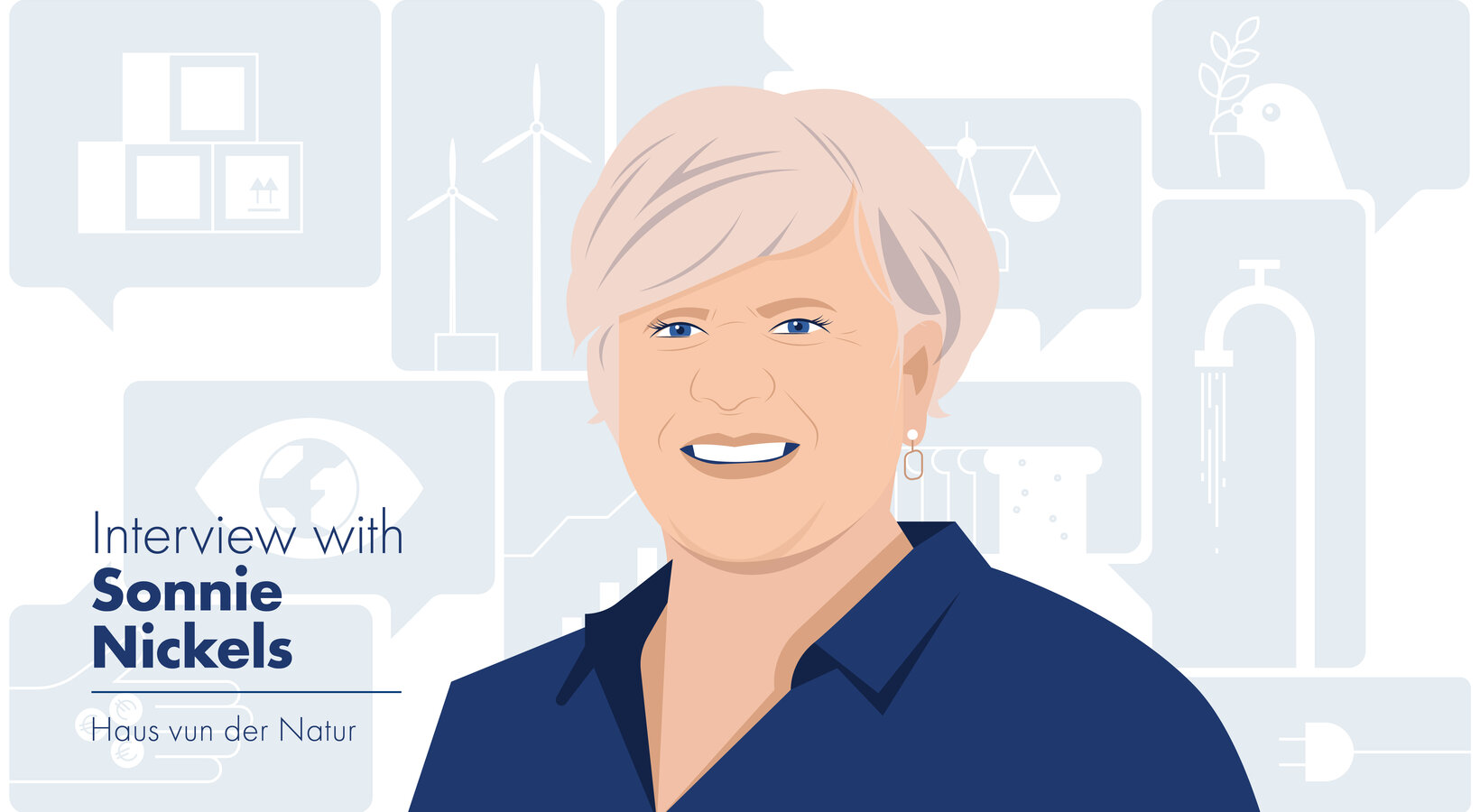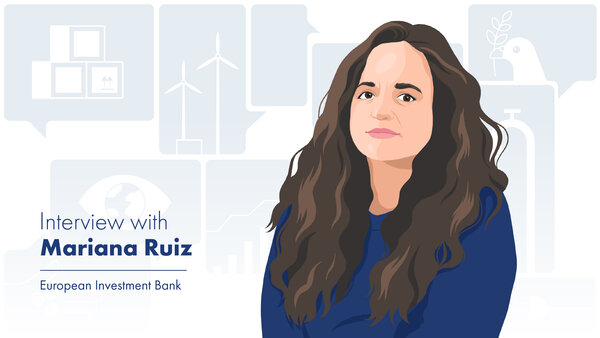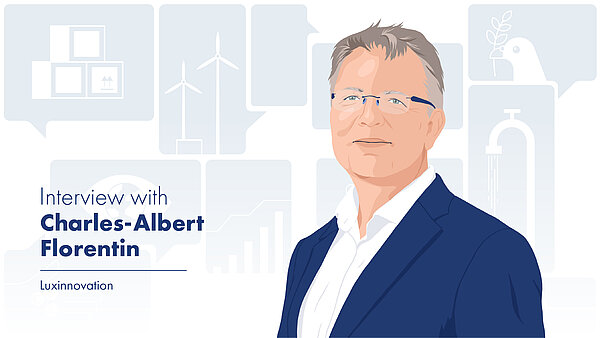![[Translate to English:] [Translate to English:]](/fileadmin/_processed_/7/7/csm_398_RSE_Nicoletta-Centofanti_LSFI_3f9d397fb3.jpg)
When working together, banks and NGOs can ensure a real-world impact. Banks provide financing for sustainable projects, while NGOs raise awareness and propose projects for funding. In this interview, Nicoletta Centofanti, CEO at LSFI, explains how banks and NGOs should collaborate together to drive positive social impact.



![[Translate to English:] [Translate to English:]](/fileadmin/_processed_/7/7/csm_350__RSE__Julien_Froumouth__ABBL_b0d4199dba.jpg)


![[Translate to English:] [Translate to English:]](/fileadmin/_processed_/f/0/csm_391_RSE_Falk_Fernbach_308f17aa1d.jpg)
![[Translate to English:] [Translate to English:]](/fileadmin/_processed_/5/4/csm_390_RSE_Johansson_Peters_4412aa2c2a.jpg)
![[Translate to English:] [Translate to English:]](/fileadmin/_processed_/6/7/csm_180__Portrait__Ekkehart_Schmidt_Interview_429e9ad3f8.jpg)
![[Translate to English:] [Translate to English:]](/fileadmin/_processed_/3/9/csm_383_RSE_Dr._Gaston_Trauffler_89640b105d.jpg)
![[Translate to English:] [Translate to English:]](/fileadmin/_processed_/a/8/csm_376_RS_1_87cc49315d.jpg)
![[Translate to English:] [Translate to English:]](/fileadmin/_processed_/f/0/csm_373_RSE_Isabelle_Delas_LUXFLAG_paint_238a6891d9.jpg)
![[Translate to English:] [Translate to English:]](/fileadmin/_processed_/6/2/csm_Portrait_RSE_Bernard_de_Villepin_PWC_915121525c.jpg)